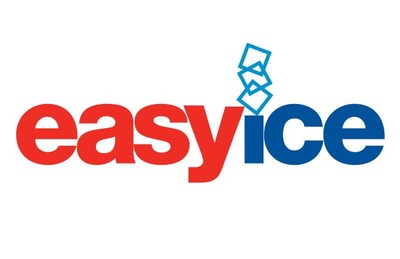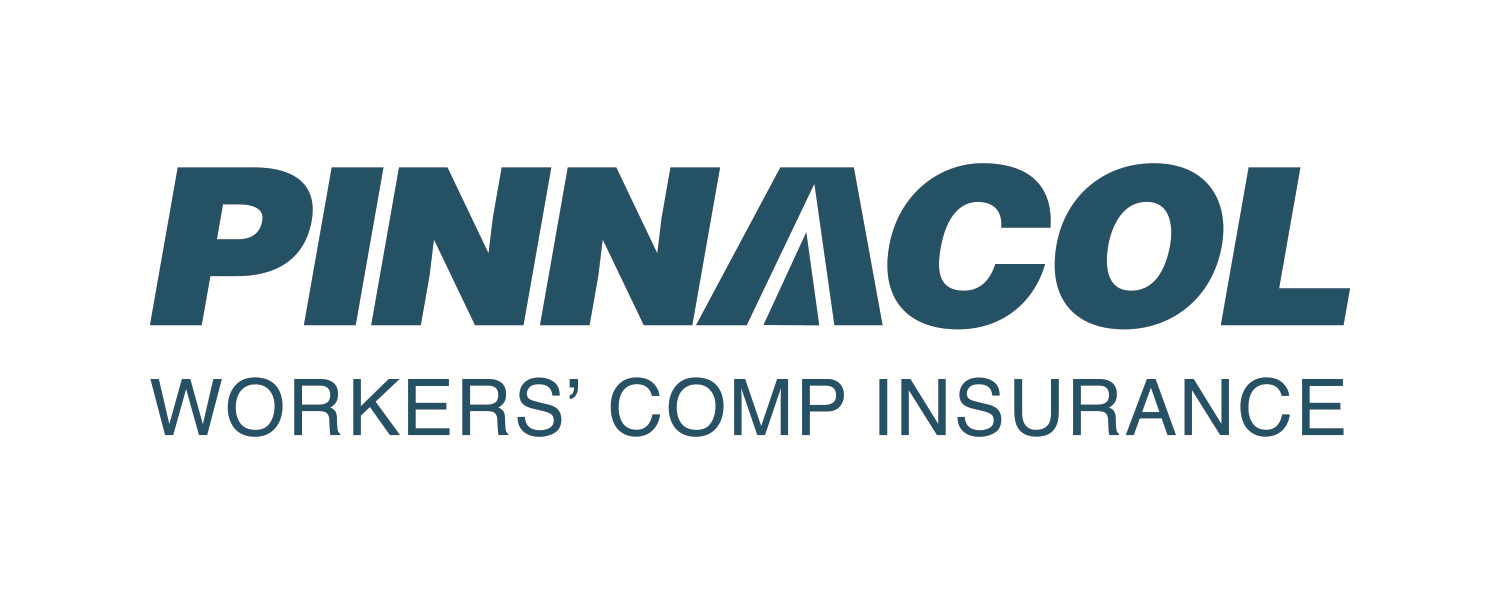Source: Our partners at Fisher Phillips
In July 2023, A federal court in Texas refused to block the U.S. Department of Labor’s (DOL) 80/20 rule, which dictates the amount of time a tipped employee can spend performing “directly supporting work” if their employer wants to claim a tip credit for their wage. This rule applies to employers that take the tip credit toward their minimum wage obligation under federal wage-and-hour law.
A Brief Background on the 80/20 Rule
If you are not familiar with the two federal rules on tips provisions, the DOL’s Wage and Hour Division reinstated the “80/20” Rule in December 2021, amending the tip provisions of the Fair Labor Standards Act (FLSA) regarding when restaurants with tipped employees may take a tip credit and modifying the definition of work that is considered part of a tipped occupation.
The FLSA permits employers to take a so-called “tip credit” and pay employees who traditionally receive tips – such as servers and bartenders – less than the federal minimum wage, so long as employees make up the difference in tips and the employer follows certain other requirements. Under the 80/20 rule, employers lose the tip credit for the workweek if an employee spent more than 20% of their time performing non-tipped side work, such as rolling silverware into napkins, cleaning and setting tables, and making coffee.
The DOL also added a provision that raises more challenges for employers: An employer loses the tip credit for a tipped employee who performs “directly supporting work” (like side work) for a continuous period that exceeds 30 minutes. This is true even if the continuous time spent on this work amounts to less than 20% of the employee’s total work for the week.
Industry Lawsuit Filed
After the reinstatement of the 80/20 rule and addition of the 30-continuous-minute rule, in December 2021, restaurant industry groups filed a lawsuit against the DOL. The lawsuit sought to enjoin and vacate the rule on the grounds that it is “arbitrary, capricious, contrary to the FLSA, promulgated in violation of the Administrative Procedures Act, and a violation of separation of powers.”
At the beginning of the lawsuit, the industry groups filed a motion requesting a preliminary injunction which, if granted, would have temporarily prevented the new rule from being applied while the lawsuit was ongoing. The district court initially denied the motion, reasoning that the industry groups failed to demonstrate an “irreparable harm” they would suffer if the new rule was applied.
The industry groups appealed the decision to the 5th U.S. Circuit Court of Appeals, which found that employers would suffer irreparable harm as a result of “unrecoverable compliance costs.” With its reversal, the 5th Circuit instructed the district court to engage in a complete analysis of the preliminary injunction motion.
Despite the 5th Circuit’s finding of irreparable harm to employers, the district court nonetheless upheld the DOL’s new 80/20 Rule. In its order, the district court held that the DOL’s decision to reinstate and modify the rule was permissible under the FLSA and was not arbitrary and capricious. As a result, it denied the industry groups’ request to halt the rule and allowed the DOL to proceed as planned.
What Should You Do Now?
While industry groups still have an opportunity to appeal the ruling by September 28, and likely will, the DOL’s 80/20 rule will remain in effect until then. Here is a list of things to consider:
- If taking a tip credit, make sure a proper tip credit notice has been provided to the employees.
- Review your policies and consider including a provision that limits the amount of “directly supporting work” that can be performed to 30 consecutive minutes. Moreover, avoid scheduling “directly supporting work” for periods longer than 30 minutes.
- Review opening and closing procedures to avoid tipped employees spending lengthy periods of time without any customers. One way to do this: schedule tipped employees so they do not arrive more than 30 minutes before the doors open to customers, if possible.
- Ensure you have a timekeeping system that can track the time tipped employees are engaged in tipped work and side-work.
- Implement paperwork that requires employees to report excess “directly supporting work.”
- Consider requiring an attestation from the employees affirming whether they performed side-work and how long they performed it.
- Consider paying the full minimum wage for all “directly supporting work” to simplify compliance.
- Identify all employees who may arguably be considered a “manager” and ensure they are not participating in any tip pools.
- Train managers on the rule and the different categories of work to ensure the employees are tracking their work properly.
As always, feel free to reach out to the CRA’s Government Affairs team if you have additional questions at info@corestaurant.org.
















